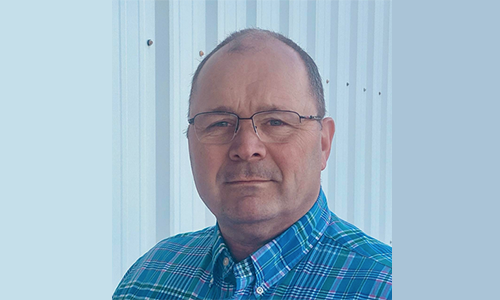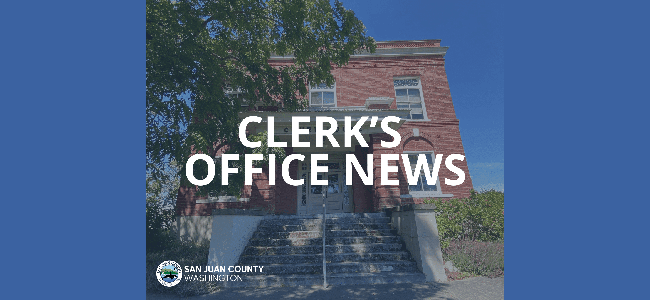— from Lornet Turnbull of Yes! magazine —
Every morning, Bonita Amaro and her sister Yolanda Sanchez arrive at the Greyhound bus station in Sacramento to greet asylum-seekers passing through on their way to sponsors’ homes across the country. The two women come armed with care kits containing basic necessities, as well as blankets, toys, and fresh, warm foods, such as the burritos and sandwiches that Sanchez prepares.
“They have so much dignity, so much gratitude. We get hugs, ‘Dios te bendiga, God bless you,’” Amaro says of the asylum-seekers. “In that moment, we are not Republican or Democrat. Not religious. We don’t talk politics with them. We’re just humanitarians.”
These tías, abuelas, and other advocates call themselves the Overground Railroad. And just as sisters Amaro and Sanchez are doing in Sacramento, each day dozens of them show up at Greyhound bus stations in far-flung connecting cities where asylum-seekers, released from detention, are making their way across the country to sponsors’ homes. With grandmotherly gentleness, often speaking in a familiar language, these volunteers are waiting.
Overground Railroad, a reference to Harriet Tubman’s Underground Railroad, is an offshoot project of Grannies Respond/Abuelas Responden, which emerged this summer when a caravan of grandmother activists journeyed from New York to the southern U.S. border to bring comfort to asylum-seekers there—and attention to their plight. They protested and demonstrated in cities along their 2,000-mile route. By the time they reached McAllen, Texas, the number of caravanning “grandmothers” had swelled to more than 200. The idea to provide ongoing support as asylum-seekers transition to sponsor homes grew from that.
(to read the full article, go to https://www.yesmagazine.org/grandmothers-bring-food-and-comfort-to-asylum-seekers-at-bus-stations-20181217 )
**If you are reading theOrcasonian for free, thank your fellow islanders. If you would like to support theOrcasonian CLICK HERE to set your modestly-priced, voluntary subscription. Otherwise, no worries; we’re happy to share with you.**








Inspiring article – These women have it right! – and why shouldn’t assylum-seekers be shown compassion, mercy, and open-hearted hospitality? They belong here if this is where they wish to be.
I challenge anyone to go and see for themselves what many of these good people are fleeing, and see if you would stay, to be killed or watch your homelands be decimated by wars and fossil fuel land-grabs; or watch your father or mother try to feed a family on less than $10 a day.
How can anyone whose immigrant ancestors came here looking for better lives, justify begrudging today’s assylum seekers the same chances? With open arms and hearts, we should be grateful that they want to live here, doing jobs that most of the naysayers cannot or would not do – and doing them well, without complaint, and with gratitude that they can send money to home and help their families.
All things considered; that we stole much of our western states from Mexico, it seems only fitting we welcome them back to their ancestral homeland and give them sanctuary.
Sadie—your heart is right. Another world at a different stage of evolution when money is no more as such; where basics like food, housing, healthcare, and education are on-demand and our incentive is “growth in knowledge;” where ethically-regulated gene therapy pre and post-implantation wipes out disease & extends life; where our pop. challenges r solved by comfortable off-planet living for many who’ve been genetically modified for new habitats opening up a system-wide host of possible worlds—THIS IS THE FUTURE. But, we have to “improve” the model ‘til then; we face mortal challenges that req. a nation-state model that best accords w/our current stage of evolution- it’s a logic Q. The model you present fails & will deplete capabilities; further, the process by which most immigrants arrived (including my sp) isn’t compatible with your description. I’ll leave it at that. Rather, we should w/draw mal-support replacing it with non-exploitive assistance – e.g., my sp lived in the jungles of Ecuador w/the support of CARE Int’l; their natural pharmacies (rainforests) were to be razed for cattle grazing due to a loss of econ re: coffee bags replaced by synthetics. My sp & co constructed a paper mill w/o toxic residual run-off using a common weed whose fibers made hi-quality artpaper for export. The team left the indigenous independent, their souls intact and the world richer à la a vast natural pharmacy.
Wanted: A model that gets us to the next level!